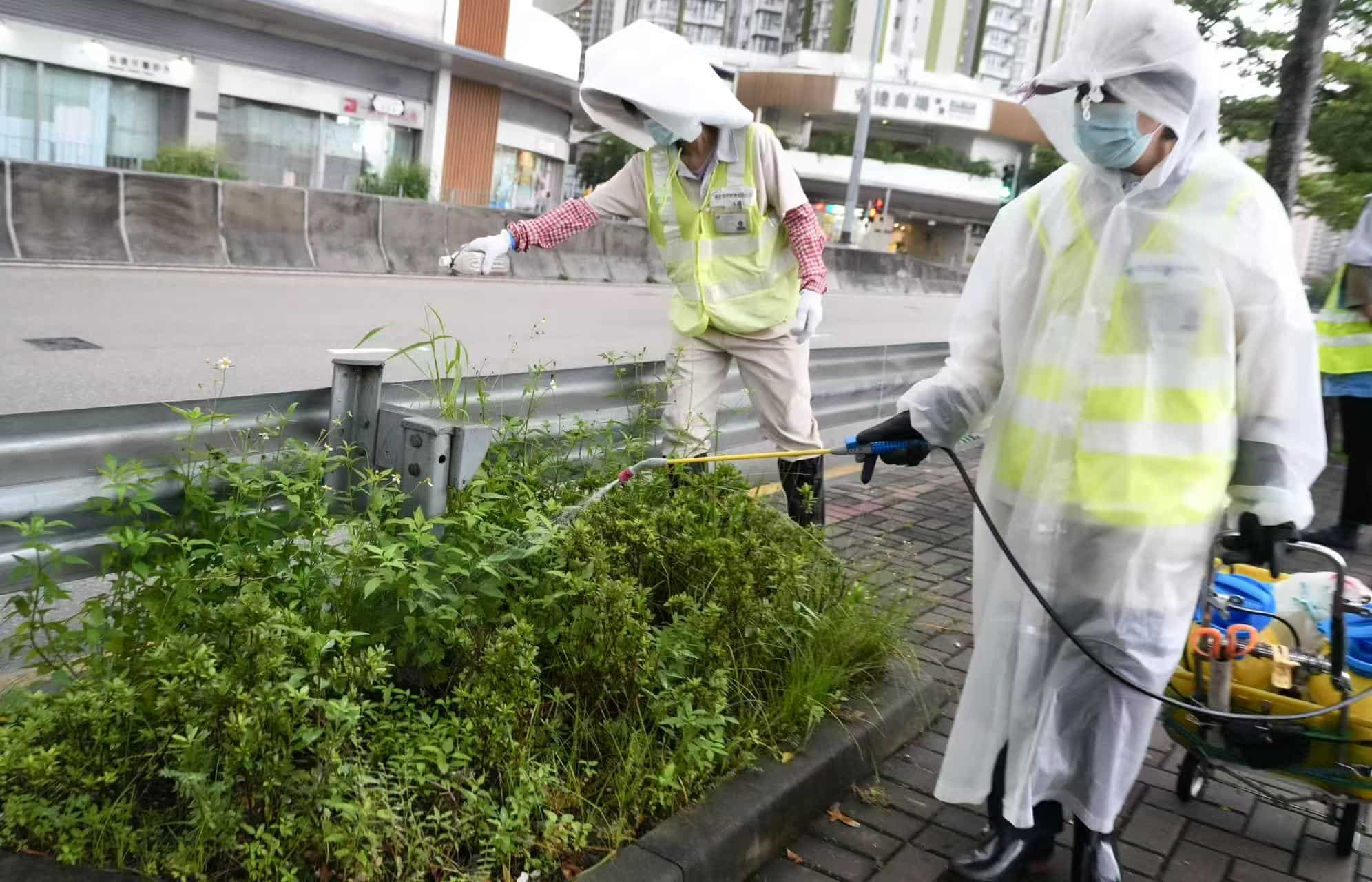
HONG KONG – A government scientific committee has cautioned that Hong Kong faces a high risk of further imported cases of chikungunya fever, leading to the potential risk of local transmission.
The warning came on Monday when the Centre for Health Protection’s Scientific Committee on Vector-borne Diseases met to review epidemiological data and prevention and control strategies for chikungunya fever in the city following to recent spike in chikungunya fever cases in multiple regions worldwide.
Hong Kong recently logged its first imported case of chikungunya fever this year, involving a 12-year-old boy who returned from the Chinese mainland on July 30. He went to a private doctor in Kwun Tong before being transferred to United Christian Hospital
READ MORE: HK sees first case of chikungunya fever since 2019
A mosquito-borne viral disease, chikungunya cannot be transmitted from person to person. It is caused by the chikungunya virus and most commonly transmitted to humans through the bites of infected female Aedes mosquitoes. It is mainly prevalent in tropical and subtropical regions, such as Africa, Southeast Asia, the Indian subcontinent, and the Western Pacific region.
During Monday’s review meeting, the committee explained that mosquito infestations are likely to be aggravated in Hong Kong due to the high summer temperatures and rainfall. Besides, people travel more frequently during summer holidays to regions where mosquito-borne diseases are endemic, it added.
The special administrative region government has rolled out preventive and control measures against chikungunya fever, the committee said, endorsing the measures in a consensus statement.
Affirming that Hong Kong’s multi-pronged approach to emergency preparedness has effectively prevented local chikungunya fever transmission to date, it said sustained implementation of the measures is crucial to address importation risks.
EXPLAINER: What is chikungunya fever?
The measures include surveillance of the situation globally and in the neighboring regions, enhancing local testing capabilities, and strengthening vector surveillance and mosquito control.
The committee also agreed that prompt epidemiological investigations and vector surveys are useful.
Regarding port health measures and travel advice, the committee said it shared the government’s view that inspections at boundary control points should be maintained, and that health education for outgoing and returning travelers should be strengthened.
Information on chikungunya fever should be provided through various channels, and the effectiveness of vaccines for the fever should be monitored, it added.
READ MORE: Greater Bay Area in joint fight against chikungunya fever
On July 22, the World Health Organization issued an urgent call for action to prevent a repeat of an epidemic of the mosquito-borne chikungunya virus that swept the globe two decades ago.
Healthcare authorities in Guangdong and the Hong Kong and Macao special administrative regions launched a joint campaign against chikungunya fever last month following an outbreak of the disease.


